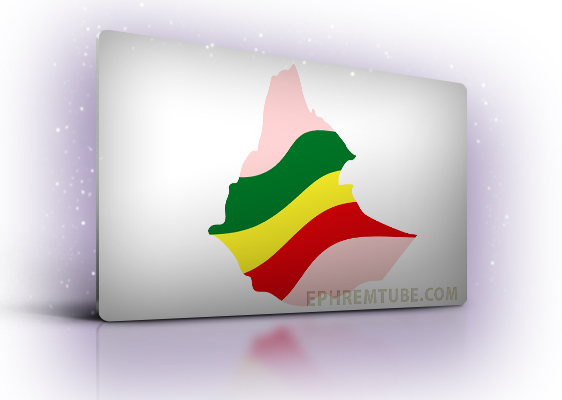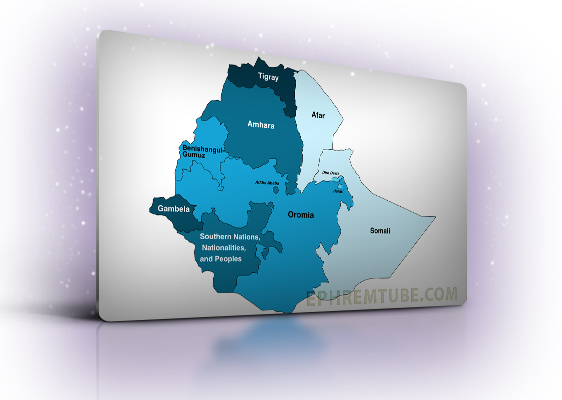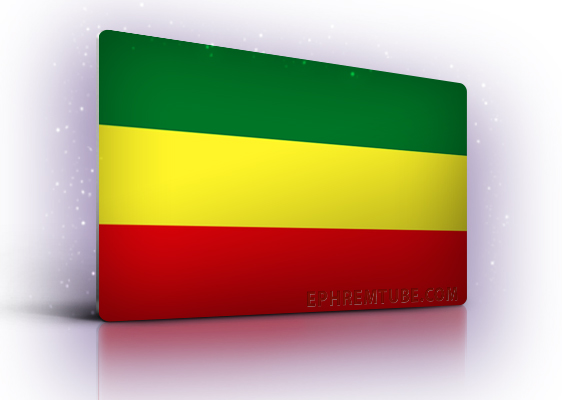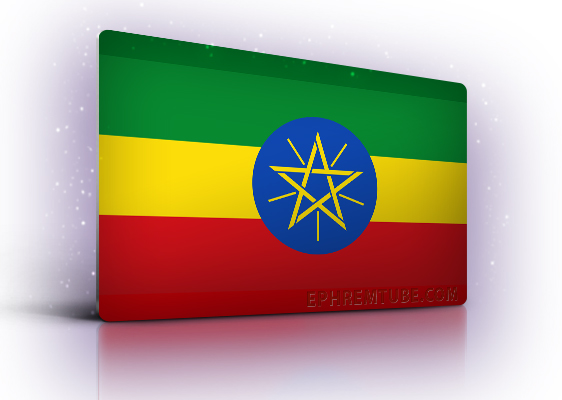Uncovering the Rich Ancient History of Ethiopia
History of Ethiopia: Ethiopia is a country located in the Horn of Africa and is considered to be the cradle of humanity. Ethiopia is the oldest independent & most populous country in Africa, with a rich history and cultural heritage that dates back thousands of years. The capital city is Addis Abeba (New Flower).


ETHIOPIA

ETHIOPIA

ETHIOPIA

ETHIOPIA
Geography
Ethiopia is a diverse country with a varied landscape, ranging from high mountains to lowland deserts. It is home to many unique and endangered species, including the Ethiopian wolf and the gelada baboon.
Climate
Ethiopian climate is characterized by a temperate climate on the plateau and hot in the lowlands. The weather is usually sunny and dry, but the short (BELG) rains occur from February to April and the big (MEHER) rains from mid-June to mid-September. Ethiopia's climate and its dependent territories vary greatly.
Language
Ethiopia is home to many indigenous languages, with Amharic being the national language. Ethiopia has its own alphabet called Geez (Ethiopic), which has been used for over two thousand years.
Religion
Ethiopia has a rich religious history, with close historical ties to all three of the world's major Abrahamic religions. Christianity is the largest religion in Ethiopia, with the Ethiopian Orthodox Church being the dominant Christian denomination. Islam is the second most followed religion, with 33.9% of the population being adherents. There are also many adherents of traditional African religions, particularly in the far southwest and western borderlands.
Culture
Ethiopian culture is diverse and vibrant, with many unique traditions and customs. Ethiopian music is known for its distinct modal system and use of pentatonic scales. Ethiopian cuisine is also renowned for its rich flavors and use of unique ingredients such as injera and berbere spice.
Sports
Ethiopia has a strong tradition in athletics, with famous Olympic champions like Haile Gebreselassie and Abebe Bikila. Football is also popular, with the national team competing in Africa Cup of Nations and World Cup qualifiers. Ethiopia's main sports are football and athletics, and Gebresilassie is a gold medalist and world record holder in long-distance running, while Bikela won the marathon in Rome (1960) barefoot.
Music
The music of Ethiopia is known for its extreme diversity. It uses a distinct modal system that is pentatonic, with characteristically long intervals between some notes.
Calendar
Ethiopia has its own calendar, which is based on the Coptic calendar and is roughly eight years behind the Gregorian calendar. The Ethiopian calendar has twelve months of 30 days each, plus five or six epagomenal days (often called a thirteenth month). The sixth epagomenal day is added (without exception) every four years on August 29 of the Julian calendar, six months before the July leap day.
- Learn more about Ethiopian Culture